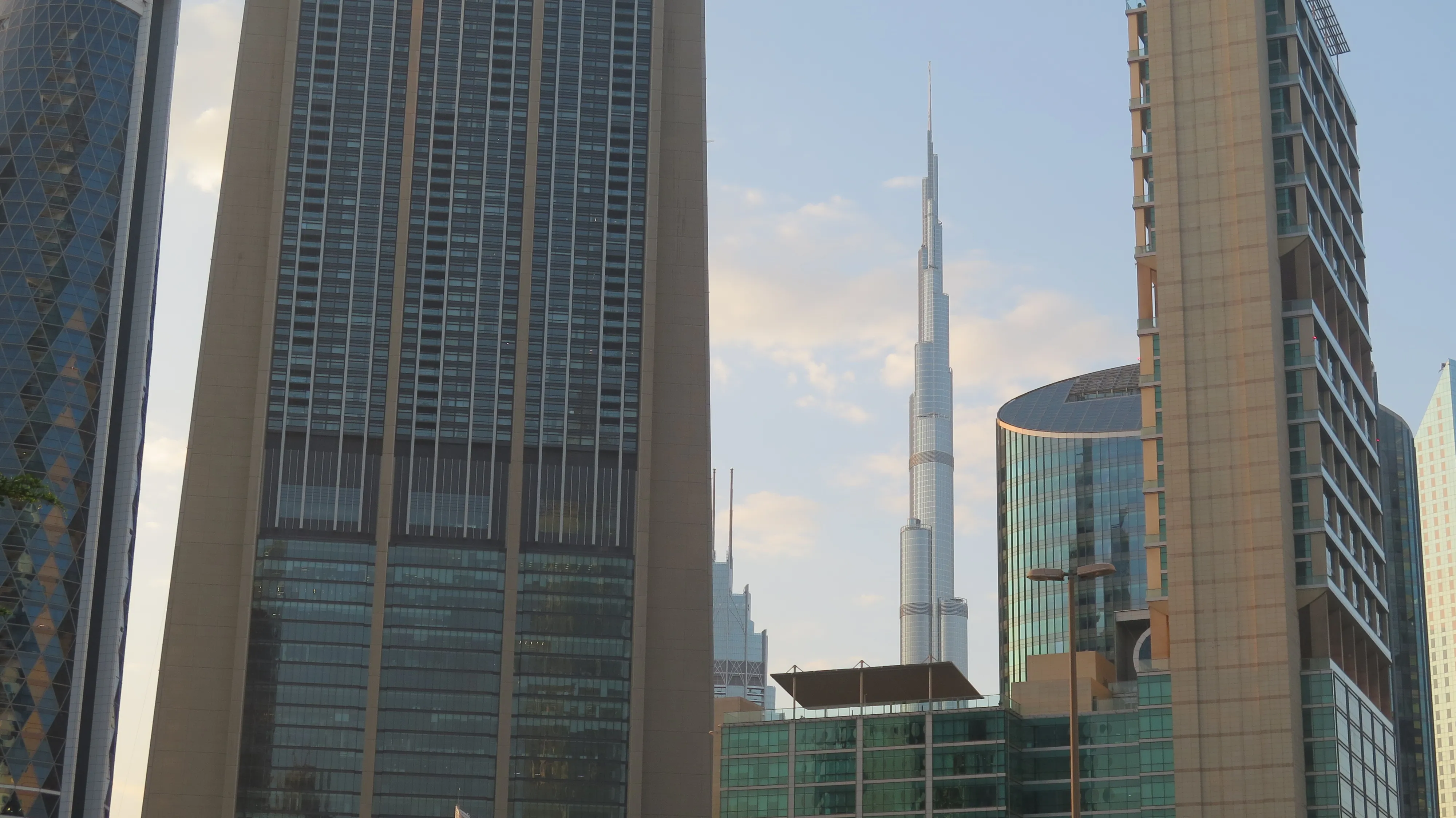
Gulf Traffic is to be a ‘hybrid’ event this year, with both a physical exhibition in Dubai as usual - and an online presence allowing 'digital attendees' to get involved with meetings and conference sessions.
Unlike other events disrupted by the Covid-19 pandemic, which have either been rescheduled or gone online-only, this is a different approach.
"In these uncertain times, Gulf Traffic has evolved to unite the traffic and transportation industry," said organiser Informa Markets in a statement.
"While you can conect with local attendees through our physical exhibition, you can also connect with global stakeholders through a hybrid event."
It will take place from 15-17 December.
Attendees can log on to Gulf Traffic website or app and conduct meetings though chat and video calls as well as seeing conference sessions.
"Attendees can message and pre-schedule meetings with anyone of interest to you, whether they are in Dubai or at their desk, remotely," Informa says.
All conferences will be live-streamed from the event, and 'digital attendees' can attend sessions live and ask questions, or view other content at a time that suits them.
Route One Publishing, the publisher of ITS International, is the event's official media partner.










